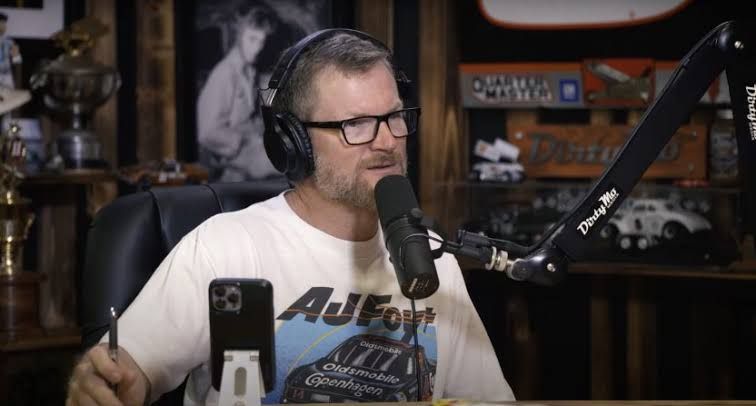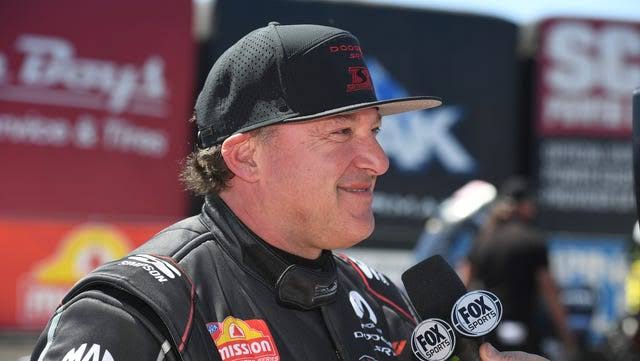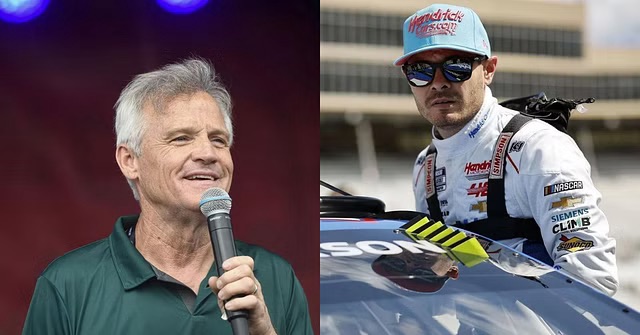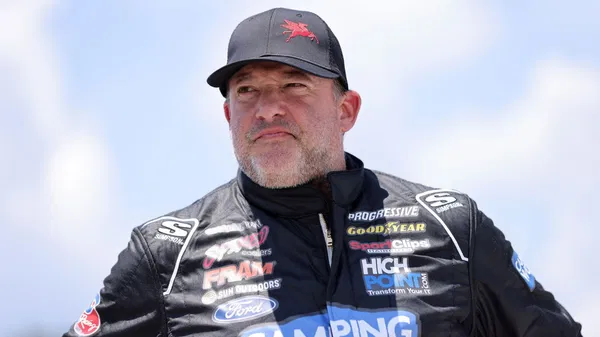Dale Earnhardt Jr. believes the real issue facing new drivers in the NASCAR Cup Series isn’t the approval process—it’s the lack of practice. Using Katherine Legge’s recent situation as an example, he argued that giving drivers minimal track time before qualifying is not enough to prepare them for a race.
On the latest episode of the Dale Jr. Download, Earnhardt addressed the discussions surrounding Legge’s participation at Phoenix. While many focused on whether she should have been approved to race, he thinks that’s the wrong conversation. “I don’t think there’s a problem or a perfect solution for the approval process,” he said. “Somebody at NASCAR is going to say yes or no, and that’s that.”
Instead, Dale Jr. believes the conversation should focus on how the lack of practice negatively impacts drivers and teams. For Legge, a 45-minute practice session before qualifying was her only time in the car. He argued that such limited track time not only hurts a driver’s preparation but also prevents part-time teams from making the necessary adjustments to be competitive on race day.

According to Earnhardt, the idea that NASCAR teams save money by reducing practice time is misleading. While cutting back on track sessions may reduce direct costs, teams redirect those savings into other areas. “They didn’t save it and put it in their pocket,” Earnhardt explained. “They hired more people and bought advanced tools to simulate practice during the week.” He highlighted how teams now invest heavily in simulations and engineering to maintain a competitive edge, offsetting any savings from reduced practice.
Earnhardt Jr. expressed frustration that the discussion around practice was largely ignored during the debate about Legge’s approval. For him, it’s clear that more track time would benefit both drivers and teams. NASCAR’s strict limits on testing and practice sessions stand out compared to other motorsports, and he believes that needs to change.
He was relieved to see the conversation finally gaining momentum but remains focused on pushing for more practice opportunities in the future. In his view, addressing the lack of practice would do more to help new and part-time drivers succeed than debating the approval process.




